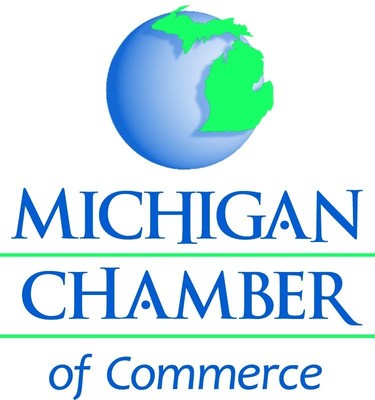LANSING, Mich., April 28, 2020 /PRNewswire/ -- The Michigan Chamber welcomed news coming out of the Governor's office and the Michigan Department of Insurance and Financial Services (DIFS) today announcing approved rate filings from Michigan's auto insurance companies exceeded the rate reductions required by Michigan's new auto no-fault law, which takes effect July 2.
"The landmark auto insurance legislation was the product of bipartisan compromise," said Wendy Block, Vice President of Business Advocacy and Member Engagement with the Michigan Chamber of Commerce. "Although far from perfect, it's clear from this report that parts of the legislation are working to bring savings to Michigan drivers and businesses."
"Michigan drivers have been paying some of the highest auto insurance premiums in the country and this independent report shows the bipartisan legislation is beginning to work," continued Block. "This is welcome news at a time when businesses and employees across Michigan are facing unprecedented challenges."
One of the most significant changes to the state's nearly 50-year-old auto insurance "no-fault" law is that it gives consumers a choice in their level of medical coverage. For decades, drivers have been forced to purchase unlimited, lifetime medical benefits with their auto insurance policy. This expensive mandate caused Michigan's auto insurance premiums to skyrocket to the most expensive in the nation.
On July 2, drivers can choose to keep unlimited, lifetime medical benefits, or they could choose lower levels including $500,000, $250,000 and $50,000. Drivers with health insurance through their employer that covers auto accident-related injuries or Medicare can completely opt-out of medical coverage with their car insurance.
So far, DIFS has approved six filings from auto insurance companies. According to data provided by DIFS, the approved rates significantly exceeded the statutory requirements.
PIP Limit | Mandated Reduction | Avg. Reduction |
Unlimited | At least -10% | -16.5% |
$500,000 | At least -20% | -36.3% |
$250,000 | At least -35% | -41.9% |
$50,000 | At least -45% | -54.3% |
SOURCE Michigan Chamber of Commerce

